The MPPSC Transport SI exam is highly competitive, as the number of vacancies is limited compared to the large applicant pool. A thorough understanding of the MPPSC Transport SI syllabus will not only guide candidates but also help them set priorities for study.
This article provides a complete breakdown of the MPPSC Transport SI Syllabus Subject Wise, exam pattern, and qualifying criteria so that aspirants can streamline their preparation and focus on high-scoring topics.
MPPSC Transport SI Syllabus and Exam Pattern 2025
The Madhya Pradesh Public Service Commission (MPPSC) has released the syllabus and exam pattern for the Transport Sub Inspector (SI) exam 2025. With 35 vacancies announced, this is a crucial opportunity for aspirants who want to begin their career in the transport department.
To secure a place, candidates must understand the official exam structure, syllabus, and marking scheme. A clear preparation plan aligned with the subject-wise topics will make preparation easier and more effective. Candidates can download the MPPSC Transport SI Syllabus PDF from the link given in the article below.
MPPSC Transport SI Answer Key 2026 – Download PDF
MPPSC Transport SI Overview
Before checking the MPPSC Transport SI syllabus in detail, aspirants should go through the exam highlights. This gives clarity about the mode, vacancies, and minimum qualifications.
| Particulars | Details |
|---|---|
| Exam Name | MPPSC Transport SI Recruitment 2025 |
| Conducting Body | Madhya Pradesh Public Service Commission (MPPSC) |
| Post | Transport Sub Inspector |
| Total Vacancies | 35 |
| Exam Mode | Offline (OMR-based) |
| Type of Questions | Objective |
| Negative Marking | 1 mark deducted for each wrong answer |
| Educational Qualification | Minimum 10th Pass |
| Selection Stages | Written Test + Interview (50 Marks) |
MPPSC Transport SI Exam Pattern 2025
Understanding the exam pattern is the first step in preparation. The written test has two parts, followed by an interview. Candidates must score the minimum qualifying marks in each part to be considered for the next stage.
| Part | Subject | No. of Questions | Marks | Duration |
|---|---|---|---|---|
| Part A | General Knowledge, English & Hindi | 50 | 150 | 3 Hours (Combined) |
| Part B | Vehicle Technology & Traffic Rules | 100 | 300 | |
| Total | — | 150 | 450 |
MPPSC Transport SI Syllabus & Exam Pattern: Important Points
- Each wrong answer will deduct 1 mark.
- Minimum Qualifying Marks (per part): 40% for General (60 Marks), 30% for SC/ST/EWS/PH.
- Candidates shortlisted from the written exam will face an Interview of 50 marks.
MPPSC Transport SI Syllabus – Part A
General Studies
The MPPSC Transport SI Syllabus Part A – General Studies section focuses on Madhya Pradesh–specific topics along with current events and basic ICT knowledge. The syllabus is divided into multiple units:
01. History of Madhya Pradesh
- Ancient History of Madhya Pradesh – Prehistoric, Protohistoric, and Historic Periods.
- Medieval History of Madhya Pradesh.
- Modern History of Madhya Pradesh.
- Freedom Movement in Madhya Pradesh.
- Tribal History and Tribal Literature of Madhya Pradesh.
02. Geography of Madhya Pradesh
- Geographical location and extent of the state.
- Major Rivers and mountains.
- Climate: Seasons, soils, temperature, rainfall, forest types and forest produce.
- Apiculture, major crops, sources of irrigation, irrigation projects.
- Thermal power projects, non-conventional energy sources, major minerals.
- Population size, growth and literacy.
- Transportation and food processing industries.
03. Politics of Madhya Pradesh
- Governor, Chief Minister, Cabinet, Vidhan Sabha, High Court, Lokayukta.
- State Secretariat, Chief Secretary, Divisional Commissioner, Police Commissioner.
- District Administration, Urban Administration, Local Self Government, Panchayati Raj Institutions.
- State Election Commission, State Information Commission, State Scheduled Castes Commission, State Scheduled Tribes Commission, State Backward Classes Commission, State Commission for Women.
- Important Acts: Scheduled Caste and Scheduled Tribe Prevention of Atrocities Act, 1989; Panchayats Extension to Scheduled Areas (PESA) Act, 1996; Environment Protection Act, 1986; Madhya Pradesh Govansh Vadh Pratishedh Adhiniyam, 2004.
04. Economy of Madhya Pradesh
- Overview of the Economy of Madhya Pradesh.
- Status of Agriculture and Rural Development.
- Development of Industrial and Infrastructural Framework.
- Status of Education, Health, and Skill Development.
- Status of Madhya Pradesh in Sustainable Development Goals, Ease of Doing Business, and Multidimensional Index.
05. Tribes of Madhya Pradesh: Heritage, Folk Culture and Folk Literature
- Geographical spread of tribes in Madhya Pradesh, constitutional provisions related to tribes.
- Major tribes of Madhya Pradesh and Particularly Vulnerable Tribal Groups (PVTGs).
- Tribal welfare programs.
- Tribal culture: traditions, special arts, festivals, celebrations, languages, dialects and literature.
- Contribution of Madhya Pradesh’s tribes to the freedom struggle of India and iconic tribal personalities.
- Popular institutes related to tribes of Madhya Pradesh, tribal museums, publications etc.
- Folk culture and folk literature of Madhya Pradesh.
06. Important Contemporary Events of International, National and Madhya Pradesh; and Information & Communication Technology
- Important International and National Contemporary events.
- Important Contemporary events and major public welfare schemes of Madhya Pradesh.
- Prominent personalities and important places of Madhya Pradesh.
- Computers, Information & Communication Technology, and e-Governance.
- Basic knowledge of Artificial Intelligence (AI), Machine Learning, Cloud Computing, Data Science, and Internet of Things (IoT).
MPPSC Transport SI Syllabus – Part B
Vehicle Technology & Traffic Rules
MPPSC Transport SI Syllabus Part B – Vehicle Technology & Traffic Rules carries the highest weightage and focuses on technical, automobile, and legal knowledge. The detailed syllabus is as follows:
1. Thermodynamics & Internal Combustion Engines
- Basic Concepts & First Law of Thermodynamics: Thermodynamic properties, Zeroth Law, First law for open and closed systems.
- Second Law of Thermodynamics: Entropy, availability, and exergy analysis.
- Power Cycles: Gas power cycles (Otto, Diesel, Dual, Brayton), Vapour power cycles (Rankine).
- Internal Combustion Engines: SI and CI engines, engine systems and components, combustion processes, performance characteristics and testing of IC Engines. Carburetion and fuel injection, modern trends in IC engines.
- IC Engine Fuels & Emission: Octane and Cetane number, engine emissions and emission control, emission standards.
2. Heat Transfer, Refrigeration & Air Conditioning
- Conduction: Basic laws of heat transfer, steady and unsteady state heat conduction, conduction through walls and pipes, fins, dimensionless numbers, lumped parameter analysis, overall heat transfer coefficient.
- Convection & Radiation: Free and forced convection, radiation heat transfer, black and grey body, shape factor.
- Heat Exchangers: Classification, effectiveness, LMTD and NTU approaches, fouling factor.
- Refrigeration: Principles and methods, air refrigeration system, vapour compression and vapour absorption systems, properties of refrigerants, eco-friendly refrigerants.
- Air Conditioning: Principles, comfort requirements, psychrometric properties and calculations, psychrometric processes, chart usage, summer & winter AC system design.
3. Automobile Engineering
- Vehicle Dynamics and Design: Classification, components, chassis layout, alternative arrangements (engine position, front/rear/four-wheel drives), final drives (differentials).
- Auto Vehicle Systems: Power transmission system, auto electrical equipment, brakes and braking systems, ABS, frames and suspension, steering geometry and power steering, turbocharging, clutches, gearboxes, drivetrains.
- Wheel and Tyres: Types of wheels, wheel alignment, tyre types and specifications, tyre pressure, tyre troubles, repair, and retreading (cold and hot).
- Automotive Electrical & Electronics: Battery systems, ignition, lighting, sensors, ECUs, CAN bus, wiring.
- Miscellaneous: Driving inspection, road testing, roadworthiness requirements, automotive safety, crash safety, and tests.
4. Automobile Norms, Standards & Vehicle Acts
- Motor Vehicle Regulations & Legal Compliance: Road safety, licensing, registration, vehicle fitness.
- Traffic Rules & Penalties: Speed limits, signals, fines, categories of offences.
- Vehicle Insurance & Permits: Types of insurance, national/state permits.
- Motor Vehicle Act & Rules (India): Motor Vehicles Act 1988, Motor Vehicles (Amendment) Act 2019, Central Motor Vehicles Rules 1989, Carriage by Road Act 2007, Road Transport Corporations Act 1950, Control of National Highways (Land and Traffic) Act 2002, National Highways Act 1956, Public Liability Insurance Act 1991, National Road Safety Board Rules 2021.
- Motor Vehicle Acts & Rules (Madhya Pradesh): Madhya Pradesh Motor Vehicles Rules 1994, Madhya Pradesh Motor Karadhan Adhiniyam 1991.
- Bharat Norms (Emission Standards): Evolution of Bharat norms (BS-I to BS-VI), key differences, pollutants regulated (CO, NOx, PM, HC), compliance technologies (SCR, DPF, EGR, OBD), challenges in implementation.
5. Computer Fundamentals and Technical Uses
- Computer Basics: Types, hardware components, software vs hardware.
- Operating Systems: Windows, Linux, file management, basic commands.
- MS Office Tools: Word, Excel (formulas, data handling), PowerPoint.
- Internet & Networking: IP address, LAN/WAN, email, browsers, cloud storage.
- Applications in the Automotive Field: Diagnostic software, CAD/CAM, simulation tools.
- Cyber Security Rules & Acts in Motor Vehicle/Transport Sector: IT Act 2000, CERT-In Guidelines (2022 & 2023), National Cyber Security Policy 2013, ISO/IEC 27001, Automotive Cybersecurity (ISO/SAE 21434), Digital Personal Data Protection Act 2023.
MPPSC Transport SI Syllabus Download PDF
Candidates preparing for the MPPSC Transport SI Exam 2025 can refer to the official syllabus PDF provided by the commission. The detailed subject-wise syllabus and exam pattern are available in the document. Aspirants can download the official MPPSC Transport SI Syllabus PDF from the link given below.
The MPPSC Transport SI Syllabus 2025 is a mix of state-specific general studies and technical automobile knowledge. Since Part B holds more marks, candidates should focus extra attention on mechanical and vehicle-related topics. At the same time, balancing GK and language proficiency will help in clearing Part A with ease.
Staying consistent, practicing OMR-based tests, and revising subject-wise will be the key to success.

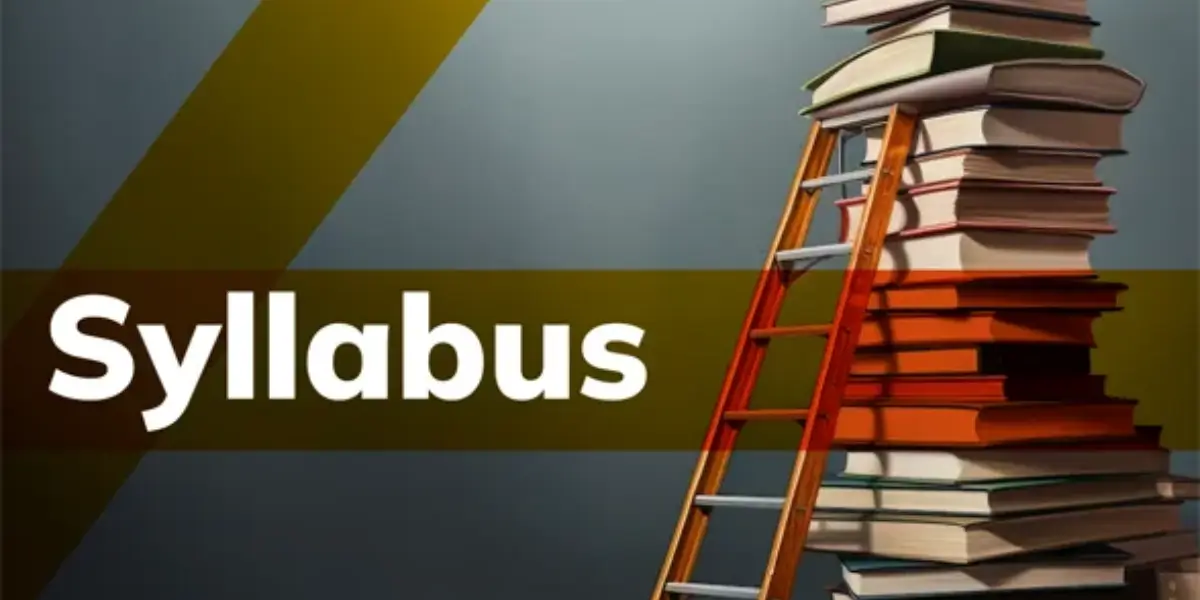

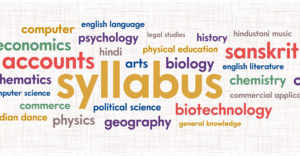 OSSC CHSL Syllabus 2026, Check Prelims A...
OSSC CHSL Syllabus 2026, Check Prelims A...
 Madras High Court Office Assistant Sylla...
Madras High Court Office Assistant Sylla...
 WBSSC Group D Syllabus 2026 and Exam Pat...
WBSSC Group D Syllabus 2026 and Exam Pat...
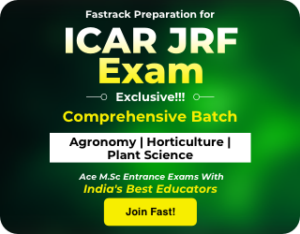

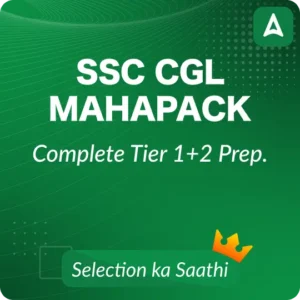
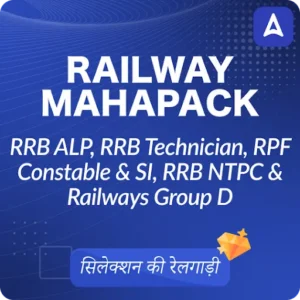
 Adda247 Job portal has complete information about all Sarkari Jobs and Naukri Alerts, its latest recruitment notifications, from all state and national level jobs and their updates.
Adda247 Job portal has complete information about all Sarkari Jobs and Naukri Alerts, its latest recruitment notifications, from all state and national level jobs and their updates.




